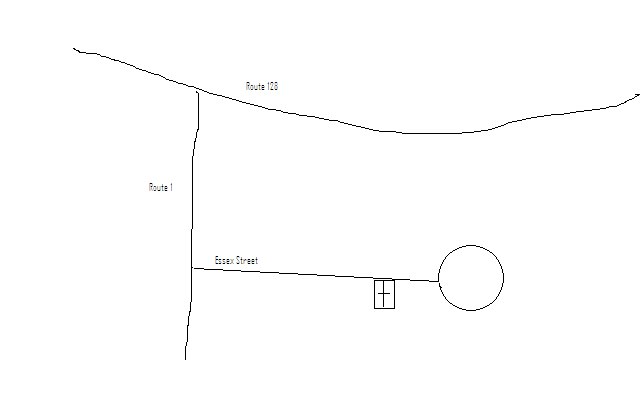I think it’s important that the we understand the roots of anti-Semitism, and why it goes against the teachings of Scripture, both Old and New Testaments...
Initial animosity towards the Jews among the early followers of Christ was not possible, because the overwhelming majority were Jews. The Messiah’s arrival was the culmination of Judaism, and the fulfillment of Old Testament prophecy. John the Baptist, who heralded the advent of Jesus, is often regarded as the
“last Old Testament prophet” in that he was the last link in the prophetic chain. One has to only look through the Gospel genealogies to see the Jewish heritage of Jesus. The Apostle Paul, who was trained as a Pharisee, admitted that the Gospel was “for the Jew first” (Romans 1:16). Paul didn’t view Christianity as a religion distinct from Judaism. Faith in Christ the Messiah was the fulfillment of all Old Testament hopes and promises. Since Hebrew culture gave birth to Christianity, we find our true identity in connection with Israel. We could not exist without Judaism. The more biblical we become, the more Judaic we will be.
Jesus used Hebraic images to show His connection with Judaism: He stated that He was the true Vine, the Passover bread, the Temple and the atoning sacrifice. He declared that He was the embodiment of these Jewish symbols. Jesus did not start a non-Jewish Church.
Animosity towards the Jewish nation came for two reasons: First is the crucifixion of Christ. We need to understand that a small, special interest group, not the majority of Jews, but a faction in Jerusalem, put political pressure on Pontius Pilate, who lacked the integrity to refuse them. The
Apostles’ Creed doesn’t blame the Jews, but states that Christ was “crucified under Pontius Pilate”. The buck stops in ancient Rome.
Although Jesus proclaimed Himself Israel’s Messiah, He was not theirs exclusively. He came for Gentiles as well, and gradually with massive conversions, the makeup of the fellowship of believers became increasingly non-Jewish. The move to Sunday worship was in part to focus on the day of our Lord’s resurrection, but also to distinguish Christian worship from Judaism and Sabbath traditions. Many Christians today believe we need to return to our Hebraic roots. Paul states in Galatians that when non-Jews receive Jesus as Lord, they become the spiritual seed of Abraham. This means that we are linked to the father of Judaism. To hate Jews is to hate one’s self. There is no room for hatred in any form in Christian thinking. We disagree with Jews regarding the Person and Work of Christ, but Scripture compels us to do so lovingly. Anti-Semitism is inconsistent with the love Jesus taught us to show towards all people.
God loves Israel. The Psalmist has declared, “the Lord has chosen Israel to be His treasured possession” (Ps 135:4). Zechariah records God’s warning to those who oppose Israel: “whoever touches you touches the apple of My eye” (2:8). The Jewish nation has maintained its ethnic identity in spite of numerous dispersions and persecutions, and according to Paul in Romans 11, God is not finished with His chosen people. He has a special future for them, in spite of their rejection of Jesus. They have stumbled, Paul states, but they have not fallen “beyond recovery” (vs. 11).
We see Christianity as a “Western religion”, but it is not. We have
westernized Christianity by imposing our culture onto it. But Christianity is Jewish. As we study the
First Testament, we Gentiles should see it as part of our story. From our Western/American cultural perspective the culture, customs, and traditions of Israel may seem strange, even alien to our experience. Yet when we trace our spiritual roots, we find the rich heritage of our father Abraham.



